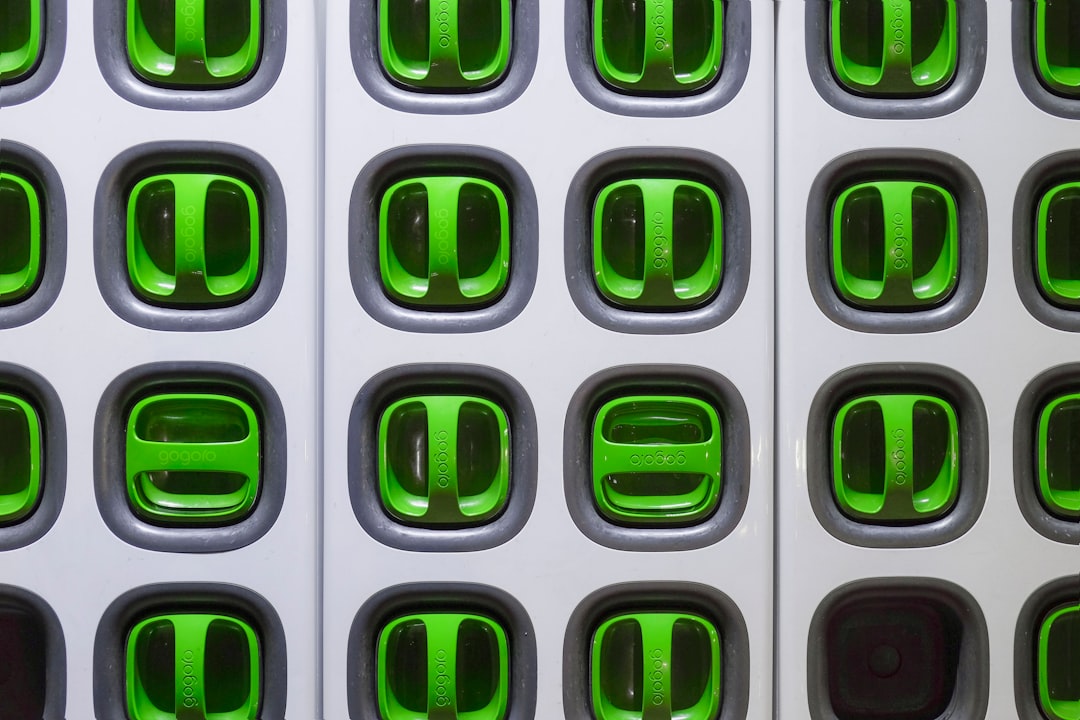Is Epsom Salt Safe for Battery Reconditioning?
Pulse Charging Techniques: A Closer Look at Modern Solutions for Sulfation
However, introducing baking soda into the electrolyte solution inside the battery cells can have detrimental effects. A healthy one should recharge relatively quickly and retain that charge adequately under normal use conditions. The Safer Alternative: Proper Charging TechniquesFor those attempting to salvage a sulfated battery safely and practically, Wehmeyer recommends adopting long-term strategies such as using a charger equipped with reconditioning or equalizing charge modes.
Do DIY Battery Recovery Methods Work? These pulses help to dissolve large sulfate crystals back into the electrolyte, rejuvenating the battery and restoring its original capacity.
In effect this means focusing on proven maintenance practices rather than experimental hacks will ensure better health and longer life for your batteries. Adding substances such as aspirin can lead to chemical reactions that degrade crucial components of the battery.
Pulse Charging TechniquesFor sulfated batteries that suffer from low power and recharging difficulties, pulse charging might seem a viable solution. One popular hack is the addition of baking soda directly into the battery cells.
